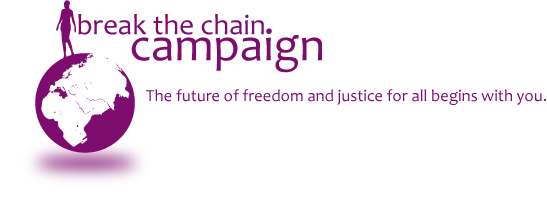The United States as the new Stage for Global Participation for the African Migrant
 Wednesday, March 17, 2010 at 6:20PM
Wednesday, March 17, 2010 at 6:20PM
Posted by Qimmah Najeeullah, Executive Director of Domestic workers health Center
Barack Obama’s multi-ethnic family exemplifies the dreams and hard work of generations of African immigrants who have sought to create a better life for themselves as they embarked on the journey to America. Barack Obama’s father Barack Hussein Obama, Sr. was one such individual, like many others from the continent of Africa, who worked to create an environment in which African immigrants could navigate the halls of American universities. Once arriving in the United States and negotiating their way into a foreign, highly complex and often brutal socio-political and religious landscape, African immigrants then confront the challenge of providing a unique contribution to the American pie.
The success stories of African immigrants in the United States and the developing world are widely documented. However, what is often not discussed is the other side of the story: trafficked African domestic workers, political asylees and refugees. These individuals represent a growing trend on the continent and the world in which individuals are forced into migration.
African migrants who have been trafficked experience triple victimization: First, the economic, climate, or political climate of the home country encourages them (or in some cases forces them) to migrate in order to seek sustainable opportunities for individual and community survival; second, they experience the trafficking situation which might involve physical and/or psychological abuse by their employer; and third, once escaping the trafficking situation, they face barriers of resettlement in the United States and the challenges of assimilating into US culture, such as classism, racism, sexism, and xenophobia.
Many of the women we meet have been experienced mental, physical and emotional trauma, but despite these distressing events, many have emerged as productive individuals who are true survivors- able to tell an amazing story and share the tools they developed along the journey to their adoptive communities in the US. These individuals have become a tremendously important bridge between the natural ingenuity of their countries of origin and the social and technological advancements available to them where they have resettled. This unique combination of life experience leaves them uniquely qualified to become leaders in education, business and healthcare in the United States and the world.
African immigrants are emerging as true diplomats for the future; they can provide holistic and first hand knowledge of the positive and negative sides of the immigrant experience, and are skillful practitioners and negotiators of adaptation. By engaging with groups, networks, and associations who provide services in this area of focus, African immigrants will be able to push America forward and provide the core competencies necessary to tackle some very complex issues.
This blog entry is Part One of continuing series about the African immigrant experience


Reader Comments (1)
African and African-Descent empowerment is so vital. The best way to empower first is to have a strong economy and unity among one another--a sense of self. Next comes the influence outside of non-African descendants.